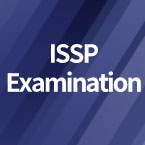
July 24, 2025
Free Tuition for Hot Bachelor Majors in Chongqing
Why Study in Chongqing? 🏙🌄Thrive in a Dynamic Megacity: Experience the incredible energy of China's largest inland metropolis &ndas...

July 7, 2025
Study Chinese in Changsha with Partial Scholarship Support!
✔ Vibrant Location: Study in Changsha – a city of innovation, spicy Hunan cuisine, and rich culture. ✔ Affordable Education: High-qualit...

August 28, 2025
Program brings fine Chinese art to the UK
Nine original Chinese productions staged a total of 37 performances at the Edinburgh International Festival and the Edinburgh Fringe from Ju...
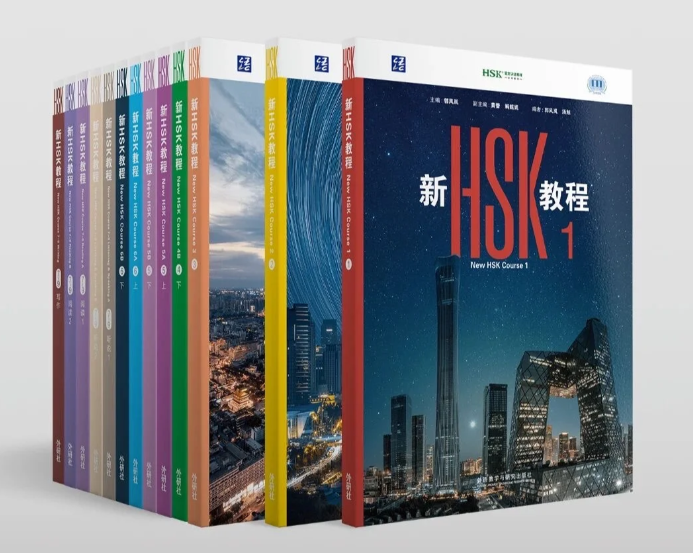
December 3, 2025
A Detailed Comparison between HSK 3.0 and HSK 2.0
As the new HSK standards and materials roll out, it’s time to get ahead of the changes-especially if you’re planning to take the exam in t...

June 20, 2025
Dunhuang culture experience amazes German specialist
LANZHOU — Known for his deep engagement with Chinese literature, German Sinologist Martin Woesler recently made his first visit to the ancient...
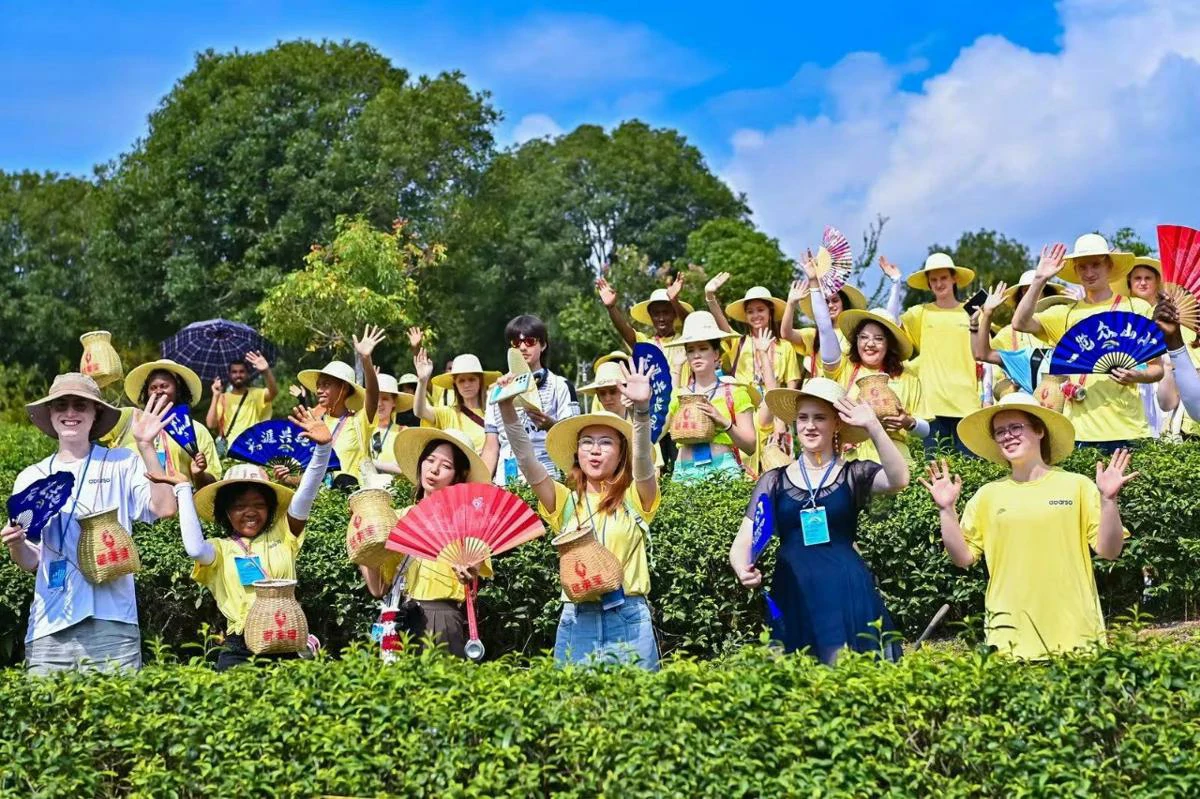
August 28, 2025
International students explore Wuyi tea culture
Participants of the 24th "Chinese Bridge" Chinese Proficiency Competition for Foreign College Students recently visited a tea garden of Wuyi...

December 25, 2025
Chinese Language Scholarship in Historic Xian
Why Study here? This university is located in Xi'an, Shaanxi—a historic and cultural city in China. It is home to the world-renown...
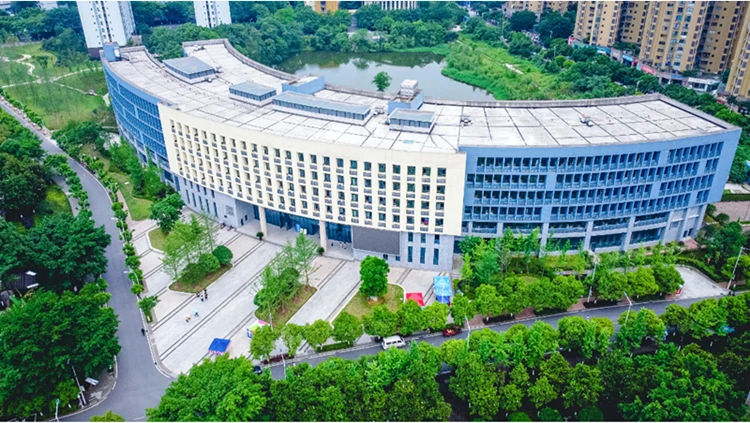
September 8, 2025
Zero Tuition! Apply Bachelor Scholarships in Chongqing Now
We recommend this university for the following reasons: ✔ Unique Location: Situated in Chongqing—a warm and welcoming tourist city. ✔&nb...

October 23, 2025
Artisans capitalize on China's legacy cultural capital
Traditional Chinese craftsmanship such as embroidery, ceramics and lacquerware, valued highly around the world, has been spreading Chinese c...
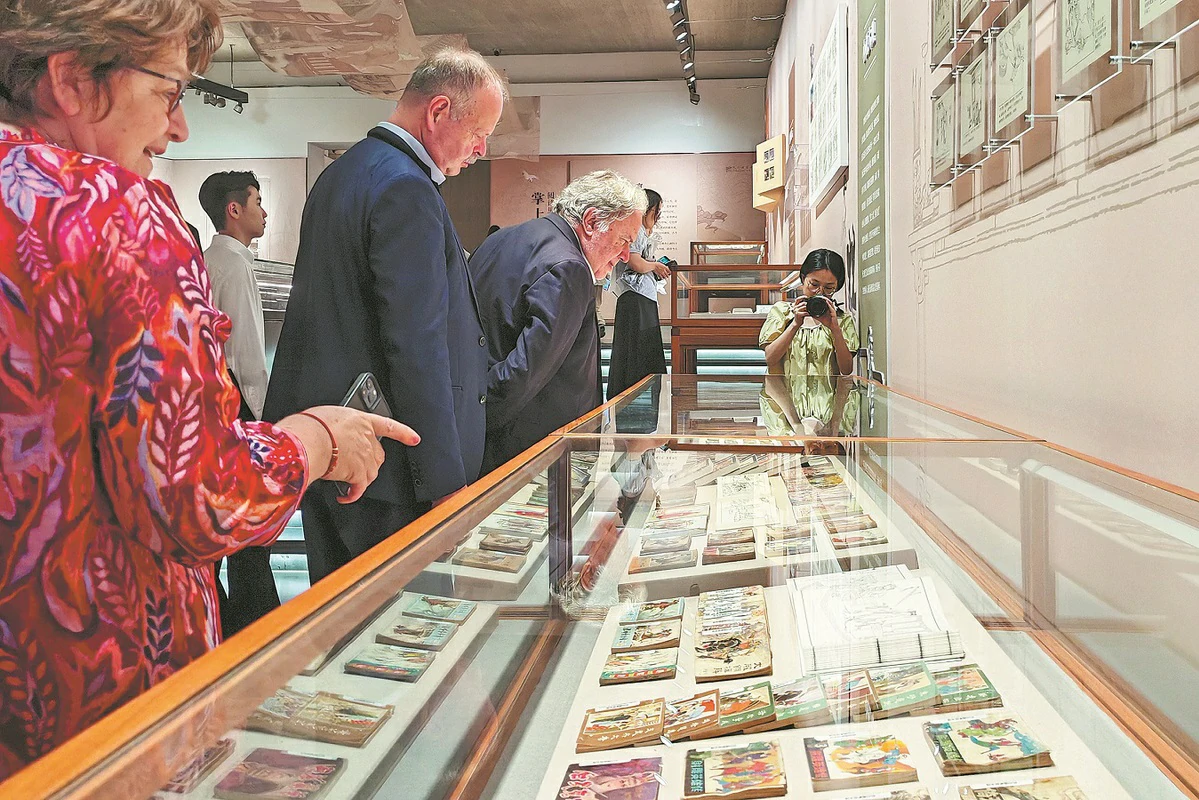
July 14, 2025
Foreign guests captivated by nation's rich heritage
A group of foreign guests who recently visited the Liangzhu Museum in Hangzhou, the capital of Zhejiang province, were irresistibly drawn to the uni...
Popular Articles

Free Tuition for Hot Bachelor Majors in Chongqing
July 24, 2025

Study Chinese in Changsha with Partial Scholarship Support!
July 7, 2025

Program brings fine Chinese art to the UK
August 28, 2025

A Detailed Comparison between HSK 3.0 and HSK 2.0
December 3, 2025

Dunhuang culture experience amazes German specialist
June 20, 2025

International students explore Wuyi tea culture
August 28, 2025



